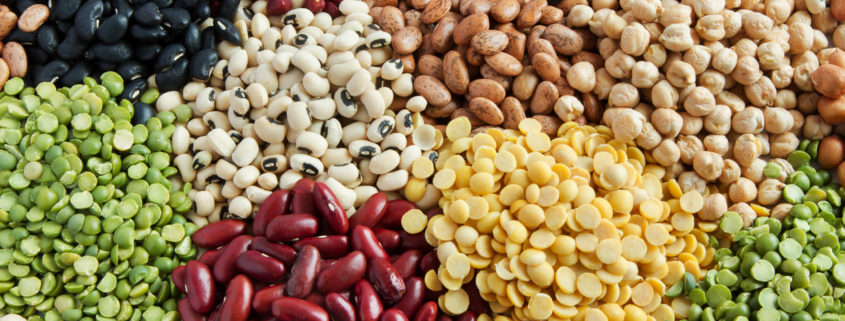Technically Speaking: United Kingdom – Opportunities and Challenges
By Eugene Philhower, Technical Adviser, Europe
The results of the June 2016 referendum on European Union membership have led to years of considerable uncertainty in the United Kingdom’s (U.K.) food and agricultural sector.
The U.K. government is negotiating the terms of separation, which involve thousands of regulations and legal issues across the economy. No one is certain if it will be a hard (complete) or soft (some form of trade arrangement) exit, and the most common responses to questions on the future is: “We don’t know.”
The drama continues past initial deadlines and numerous meetings and votes in Brussels and in London.
Freed from the dirigiste dictates from Brussels, the possibility of developing modern, 21st-century food and agricultural policies sent ag policy wonks’ hearts a fluttering. The challenge was – and remains – how to create a market-based food system, which focuses on producers, sustainability and environmental and consumer protection.
Toward the end of 2019, there was a fragile agreement on a transition phase, and the re-election of the Conservative Party with Boris Johnson at the helm brought the vision of the future into better focus. It wasn’t totally clear, but the outlines were there.
Then came Covid-19.
The U.K. is one of the most open markets in the world, with products and supply chains coming from all regions of the world. In fact, the U.K. runs the third-largest food deficit of the advanced economies (after China and South Korea), as it imports an average of approximately 50-60 percent of the food it consumes. The U.K.’s National Farmers Union has a long-running campaign to highlight this fact and promotes a day in early August when domestic food production “runs out.” This is meant to raise consumer awareness and generate support for U.K. producers.
Prior to the current situation, to say that the U.K. had a dynamic restaurant and food service sector is an understatement. While it is tough to shake the image of fish and chips and mushy peas, the food scene in the U.K. was as fresh, cutting and innovative as anywhere in the world. When the virus struck earlier this year, more than 50 million meals were served outside of the home EVERYDAY, representing one-third of all food consumed in the country.
The challenges of shifting from the food service/restaurant sector to the retail sector have proven to be formidable. Think about the engineering and processing required for packaging alone, as retail sales require much more packaging than bulk sales to restaurants, canteens and cafeterias.
Some companies have made the necessary adjustments, but numerous bottlenecks remain. The cases of culling animals, dumping milk and rotting fruits and vegetables abound. The virus also has hindered the harvesting of horticultural crops as the labor traditionally comes from Eastern European countries. Fortunately, international trade and imports of food have continued with minor disruptions and delays.
These impacts have called the current food system into question, particularly the long supply chains involved with international trade and the related food-security issues. Undoubtedly, the National Farmers Union’s “Back British Farming” campaign will get a boost, and the trend to support and purchase local production will increase.
So, what does this mean for the Specialty Soya and Grains Alliance (SSGA)? The demand for plant protein will remain strong and continue to grow as consumption of meat products declines for health and environmental reasons. This is encouraging for our identity-preserved (IP) soy for human consumption. Eventually, the revamped food scene will continue to demand new products like numerous specialty grains. Consumers will continue to link soy with deforestation in South America so the traceability of U.S. IP soy will be increasingly more important.
However, some of the principles of Ag Marketing 101 on how to introduce new food items and build consumer awareness, like trade shows and conferences, will have to be reassessed and, possibly, rewritten. Some of those ag policy wonks have their thinking caps on and are trying to figure it out.
We welcome your ideas and suggestions and look forward to working with our SSGA members and other parts of the industry on promoting and marketing our IP products.
Technically Speaking includes news and information from SSGA’s technical advisers for North Asia, Southeast Asia and Europe.







Leave a Reply
Want to join the discussion?Feel free to contribute!